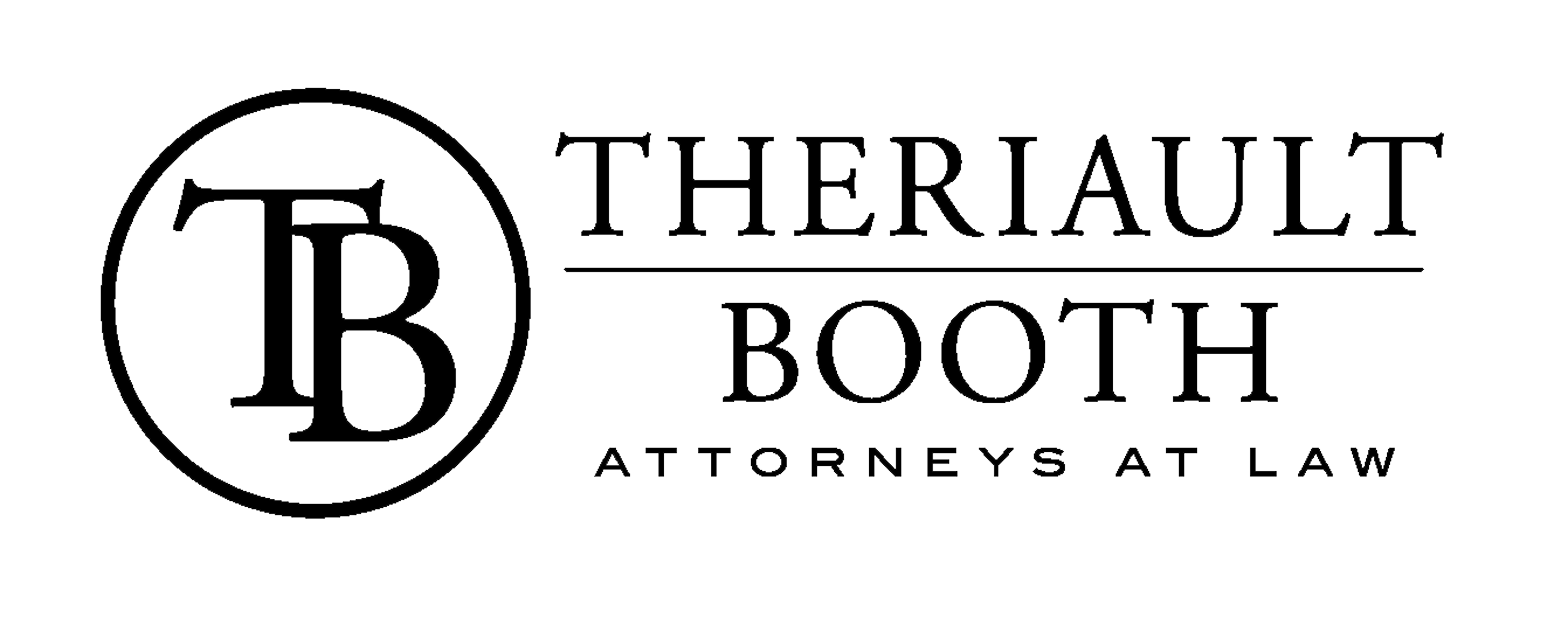Experienced Legal Advocacy For Victims Of Dangerous And Defective Products
While it would be nice to trust that the products bought are always safe, that simply doesn’t reflect reality. Every year, thousands of people suffer injuries or death as a result of dangerous or defective medical devices, prescription medication and consumer products. Too often, corporations wrongfully prioritize profits over consumer safety, cut corners to save money, fail to properly warn of risks, or use cheap or dangerous materials in order to reduce costs and maximize profits, all of which lead to harmful and deadly consequences for consumers.
If you or a loved one has suffered serious injuries or illness due to a defective product, contact Theriault Booth to tell us your story. Our product liability lawyers offer more than four decades of combined experience, and they are committed to holding manufacturers and retailers responsible and advocating for those who have been harmed. Together, they have the knowledge, resources, and tenacity to successfully take on large corporations and other well-funded defendants.
Identifying Types Of Product Defects
Consumer products could be dangerous and defective in millions of individual ways. However, most defects leading to a product liability claim fall into the following three categories:
Defects in design: The product suffered from a flaw in its design. An example would be a passenger transport van that rides high above the ground and is top-heavy, greatly increasing the risk of a fatal rollover crash. When the defect is contained within the design, all copies of that product will be defective.
Defects in manufacturing: The design of a product may be sound, but there are problems in the manufacturing process or the materials used. An example would be a portable crib assembled using substandard locking mechanisms on the foldable joints. The crib is prone to collapse and could smother the infant. If the defect lies in the manufacturing process and not the design, the defects will typically be limited to certain “batches” or production runs of the product. However, that could still affect millions of units.
Defects In marketing and failure to warn: Product manufacturers and retailers have a responsibility to instruct consumers about the proper usage of the product and to warn about known hazards. While many of the warnings on consumer products seem obvious, they are there for a reason: to prevent serious injury. As one example, consider a chemical product meant to strip paint. it has a strong and unpleasant smell but does not warn users to only use it in a well-ventilated area. Someone uses the product in a closed room and suffers severe lung irritation or even brain damage from inhaling the fumes. The company could be held liable for failing to warn of what it knew to be a dangerous use of the product.
If you were injured by a product that you believe suffered from one or more of these defects, contact our personal injury team today to tell us your story and learn how we can help.
Joining Other Injury Victims In A Mass Tort Action
When it comes to dangerous and defective products, hundreds or thousands of people may have suffered similar harm or injuries. Defective prescription drugs and medical devices are a common example. These types of legal actions are often referred to as mass torts, which are similar to but not the same as class-action lawsuits. Although each client is represented individually in a mass tort, cases are often consolidated for the purposes of streamlining the legal and judiciary process while keeping intact each client’s individual cause of action.
Product liability litigation is often complex, to begin with, and the complexity grows significantly when additional plaintiffs are added. Many firms do not litigate mass tort claims, but our team of attorneys has the experience, resources and skills to handle them successfully.
Get Started With A Free Consultation
From our office in St. Charles, Theriault Booth serves injury victims throughout Illinois. To take advantage of a free initial consultation, you can contact us online or call 630-526-4242.

